What is AWS CloudFormation, and how does it work?
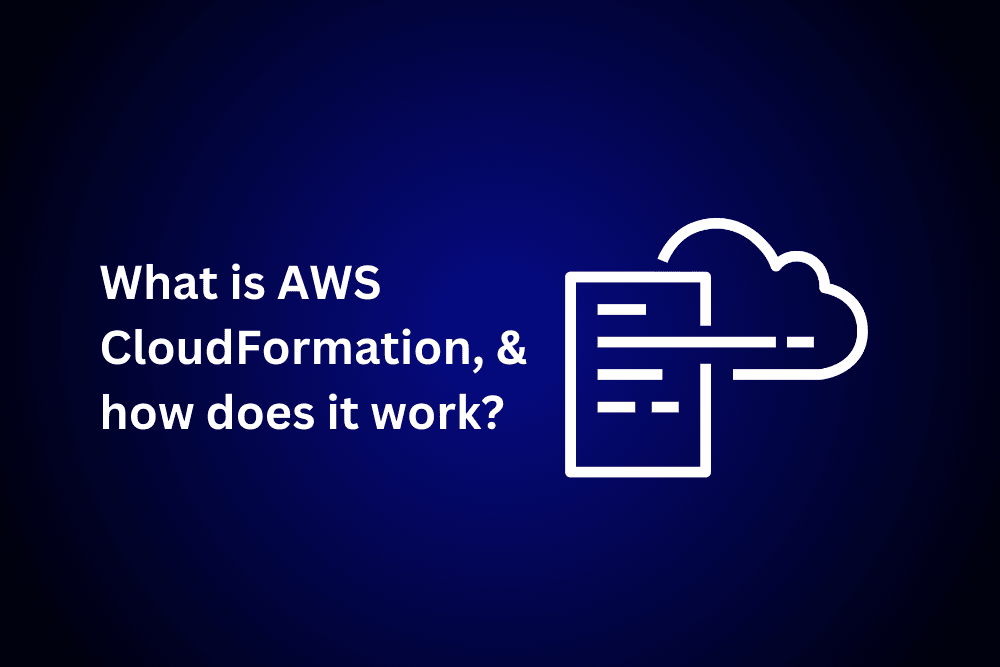
AWS CloudFormation simplifies cloud resource management by using infrastructure as code (IaC), allowing automated and consistent deployment of AWS services.
Amazon Web Services: An Introduction and Advanced User’s Guide
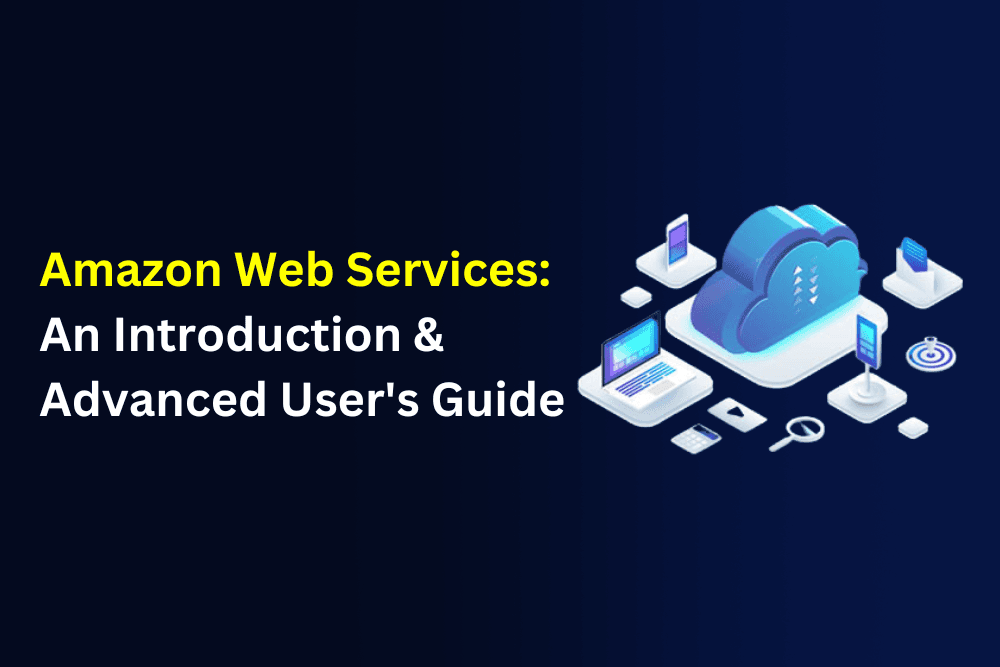
Master Amazon Web Services with this all-in-one guide for beginners and seasoned professionals. Discover how to leverage AWS’s robust cloud infrastructure, manage applications efficiently, and implement advanced solutions with confidence. Whether you’re building your first app or optimizing enterprise-level operations, this guide has you covered.
Understanding the AWS Cloud Security Model
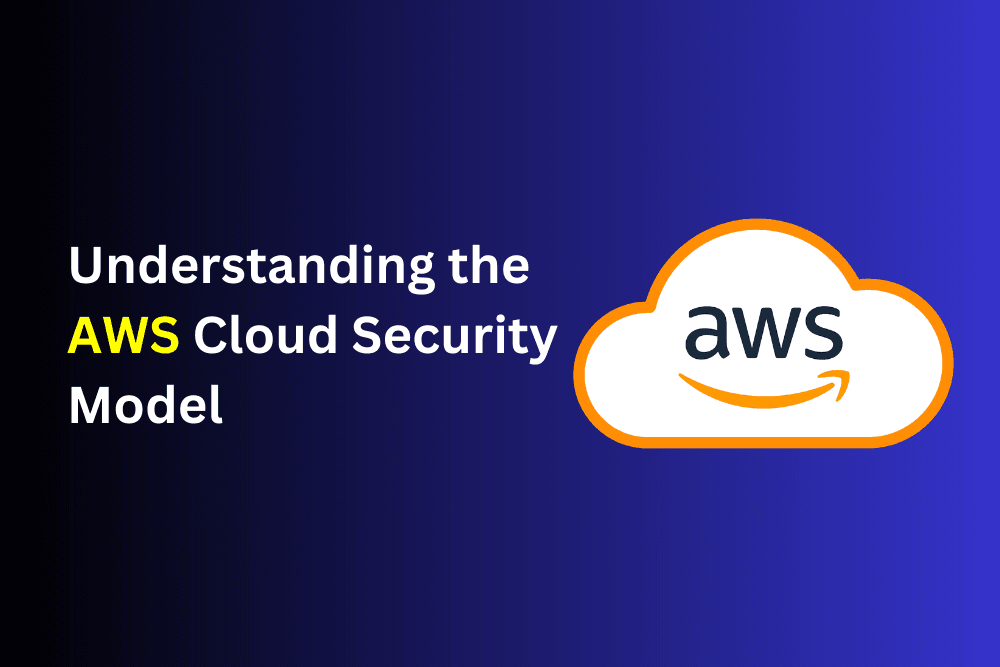
Learn how the AWS Cloud Security Model divides security responsibilities between AWS and its customers. This guide explains infrastructure management, data protection, and compliance roles to enhance your cloud security posture.
Difference between AWS, Azure, and Google Cloud Platform
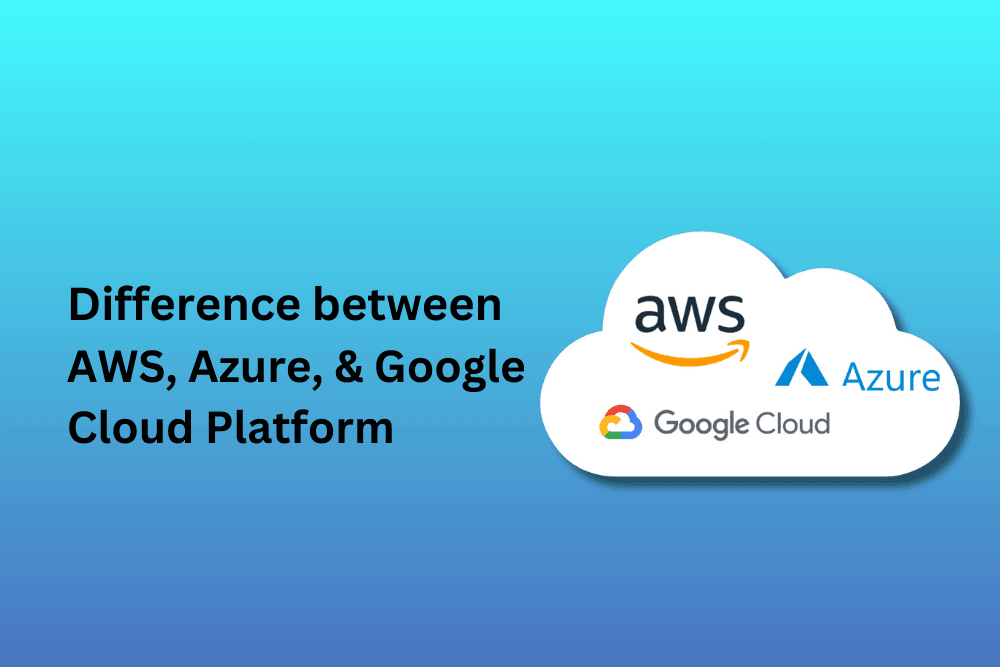
Amazon Web Services (AWS), Microsoft Azure, and Google Cloud Platform (GCP) dominate the cloud computing market. While AWS leads with a broad service portfolio and global reach, Azure integrates seamlessly with Microsoft products, and GCP offers strong data analytics and AI capabilities. This article explores their key differences, including pricing, deployment models, and industry use cases, to help businesses choose the right platform.
How to Learn AWS From Scratch in 2025: The Complete Guide
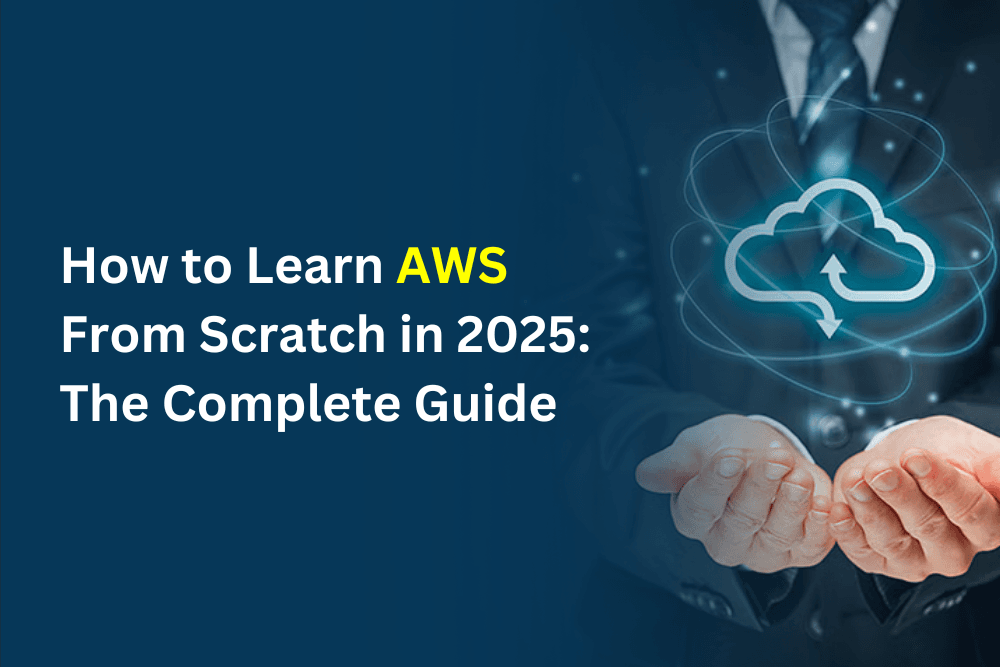
Discover a step-by-step guide to learning Amazon Web Services (AWS) from scratch in 2025. This comprehensive tutorial covers essential concepts, tools, and resources to master cloud computing.
Growing as an AWS Solutions Architect: Know Your Certification Route
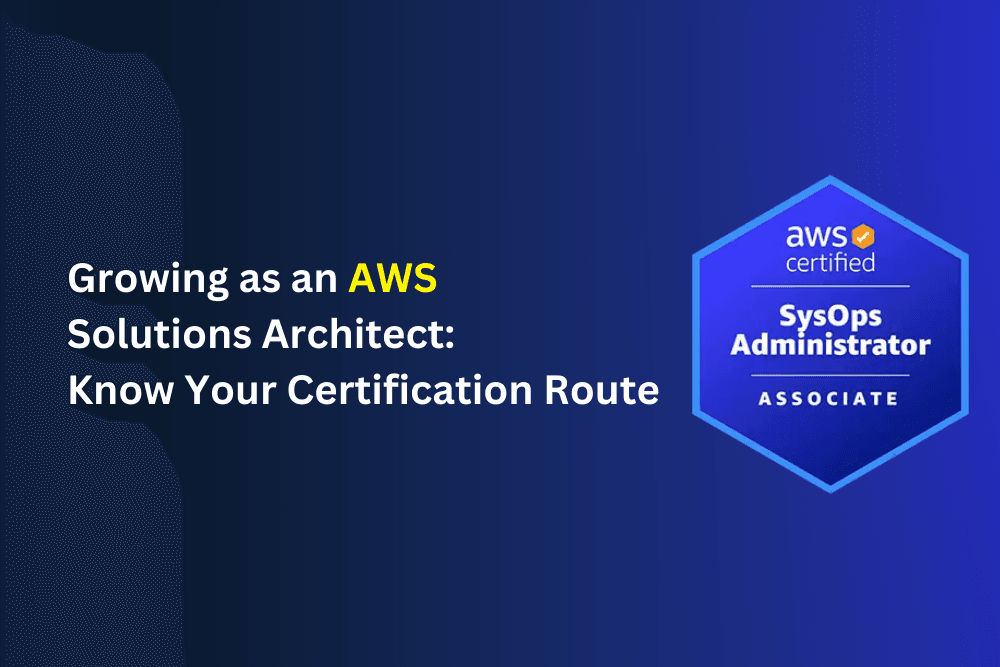
Embarking on a journey to become an AWS Solutions Architect requires more than just foundational knowledge—it’s about choosing the right certifications to fuel your expertise and career growth. This guide breaks down the certification roadmap, from foundational to professional-level credentials, ensuring you stay competitive in the cloud industry.
The benefits of an email-based AI virtual assistant on AWS
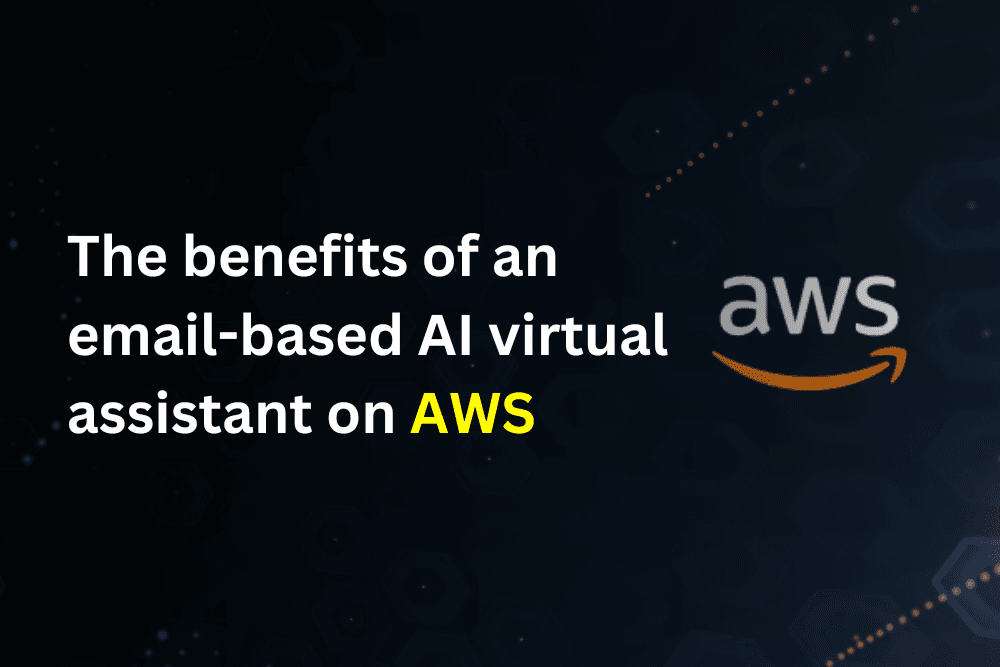
An email-based AI virtual assistant on AWS streamlines communication by automating repetitive tasks, managing schedules, and providing real-time responses. Leveraging AWS’s scalability and security, it enhances productivity, improves customer engagement, and reduces operational costs for businesses of all sizes.
What is Cloud Computing and Who Uses Cloud Services?
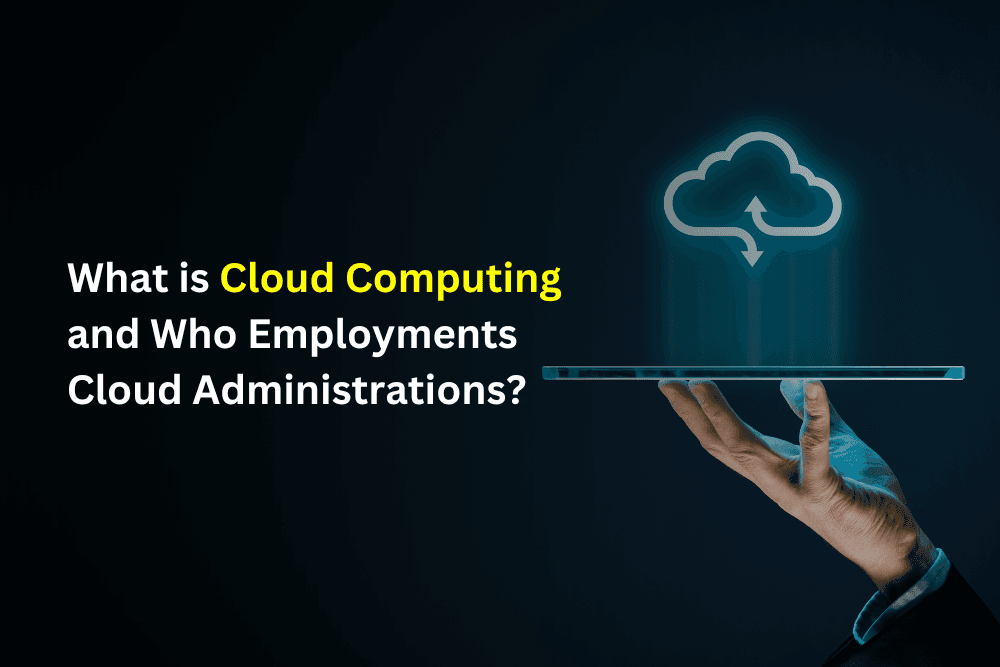
Cloud computing delivers computing services over the internet, including storage, processing power, and networking, enabling businesses and individuals to access scalable resources on demand. It’s widely used by enterprises, startups, government agencies, and individual consumers for flexibility, cost efficiency, and collaboration.
